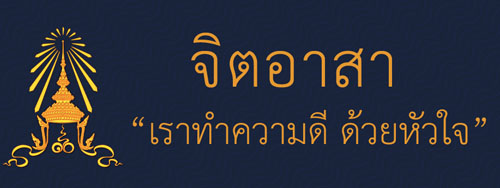The philosopher
The thinker is a person who explores wisdom about existence and the cosmos. From ancient lineages to modern dialogues, the thinker asks basic queries about belief, morality, awareness, and community.
Origins and role
Early sages in ancient Greece such as the Athenian questioner, the Academy founder, and Aristotle set lasting models for critical examination. In other traditions, philosophers from Confucius to the medieval polymath contributed distinctive approaches to normative and existential questions.
Methods
Philosophical method often relies on argument, conceptual examination, and thought scenarios. The philosopher formulates claims, considers counterpoints, and refines ideas through discussion and contemplation.
Branches of inquiry
- Epistemology
- Studies understanding, grounds, and questioning.
- Ethics
- Examines right behavior, virtue, and equity.
- Metaphysics
- Investigates being, origins, and sameness.
- Philosophy of mind
- Probes subjectivity, cognitive states, and volition.
- Political philosophy
- Considers authority, liberties, and social order.
Impact and relevance
The Philosophy library online influences scholarship, legal thought, governance, and society by guiding the concepts through which we understand the reality. Philosophical examination often underlies academic progress and helps resolve challenging value dilemmas.
Contemporary practice
Modern thinkers engage both in academic inquiry and in public discourse about advancement, bioethics, artificial intelligence, and climate responsibility. They connect abstract thought with concrete problems.
Conclusion
The thinker remains a vital actor in human intellectual life, constantly probing the premises that shape our understanding of that which matters. Through rigorous analysis, the sage helps make clear the standards and notions that guide people and populations.
















